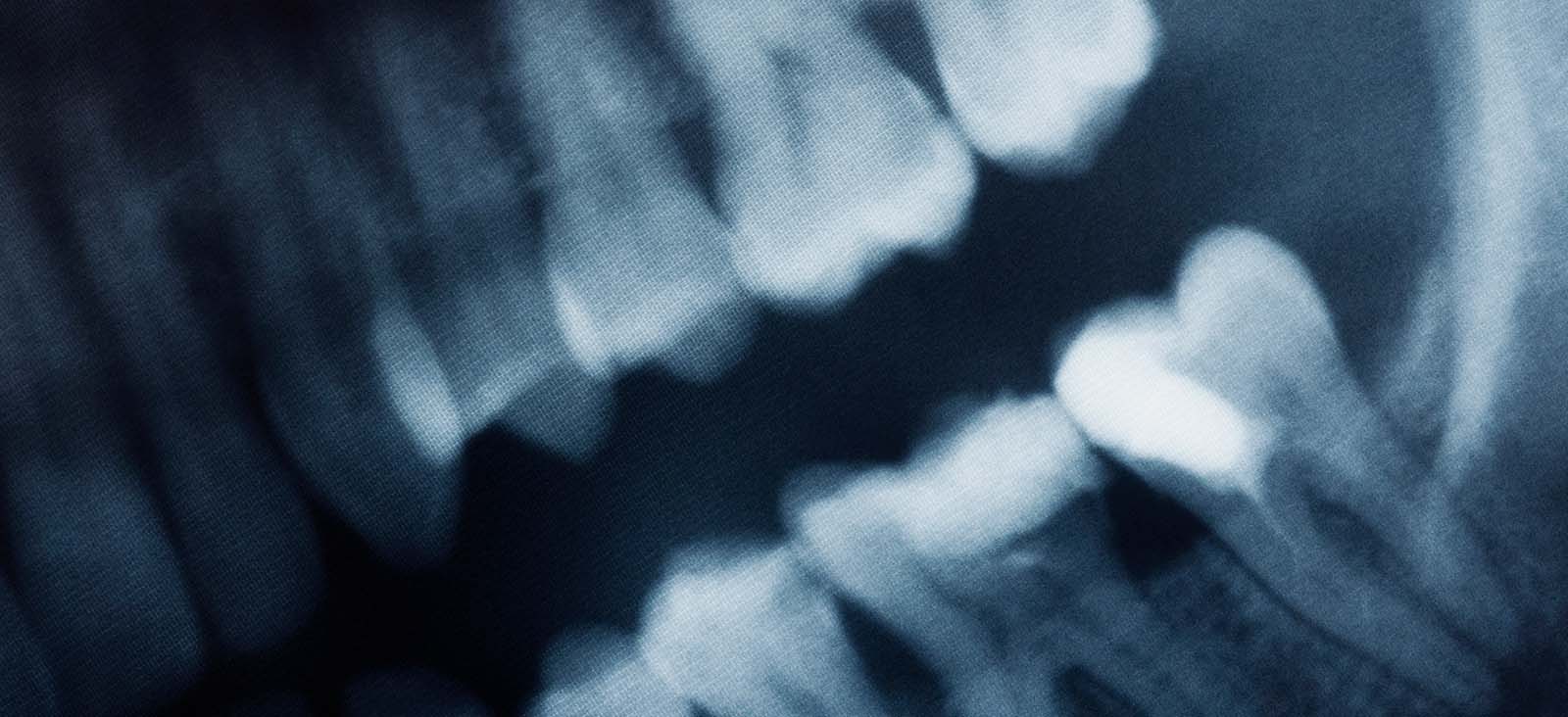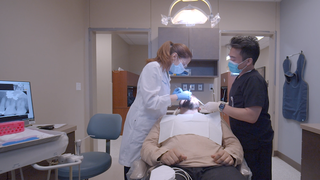Advanced Surgical Care for Wisdom Teeth and Other Oral Conditions
Oral surgery might be necessary to treat a variety of conditions, from impacted (trapped beneath the gum and bone) teeth to jaw-related problems. Surgical interventions can help relieve chronic pain, improve a person’s appearance, solve sleep and breathing issues, and restore facial function.
UT Southwestern’s oral surgery service has a long-standing reputation for excellence in general and specialized care. Our integrated program and state-of-the-art facility allow patients to have an initial consultation, testing, follow-up visits, and necessary procedures in one convenient location. Our highly trained specialists offer a unique level of care using the safest, most effective treatments available.
Types of Oral Surgery We Perform
Tooth Extraction
By age 18, the average person has 32 teeth, each with a specific name and function. Yet the average mouth can accommodate only 28 teeth.
This overcrowding can cause third molars, or “wisdom teeth,” to grow in sideways, emerge only partially (erupted), and remain impacted – all of which can lead to problems. In many cases, these problems necessitate the removal of one or more of the four wisdom teeth.
While wisdom teeth are the most commonly removed teeth, some patients must have other types of teeth extracted due to tooth decay or gum disease.
Other Oral and Maxillofacial Surgery
UT Southwestern’s oral surgeons also perform:
What to Expect
Our dentists and oral surgeons use X-rays to evaluate the position of teeth and determine whether they pose a present or future problem.
Because of advances in surgical and anesthesia techniques, tooth extraction is usually performed on an outpatient basis under local anesthesia and sedation.







